Which General of the Vietnam People's Army was the Commander of the Ho Chi Minh Campaign (1975)? What are the five perspectives on developing the History curriculum?
Which General of the Vietnam People's Army was the Commander of the Ho Chi Minh Campaign (1975)?
Under Section IV Names of Historical Figures, National Heroes of the Revolutionary Era in the List Supplementing the Bank of Street Names and Public Works in Binh Phuoc Province issued together with Decision 65/QD-UBND of 2024 in Binh Phuoc Province regarding historical figures, national heroes of the revolutionary period:
Van Tien Dung (1917-2002). Hometown: Co Nhue Commune, Tu Liem District, Hanoi. Joined the revolution in 1936 and became a member of the Communist Party of Indochina (1937). He held successive positions: Secretary of the Communist Party Committee of Ha Dong Province, Bac Ninh Province; Member of the Standing Committee, Secretary of the North Vietnam Regional Party Committee; arrested by the French colonialists, exiled to Son La, escaped from prison (1941), captured again and escaped, sentenced to death in absentia; Member of the Northern Revolutionary Military Committee (1945); Director of the Political General Department of the Vietnam People's Army; Deputy Secretary of the Central Military Commission; Commissar of the Third Military Region; Chief of the General Staff of the Vietnam People's Army (1954-1978); Head of the delegation of the General Command of the Vietnam People's Army to the Armistice Commission implementing the Geneva Agreement on Vietnam (1954); Commander of the 9th Route - South Laos Campaign (1971), Quang Tri Campaign (1972), Central Highlands Campaign (1975); Commander of the Ho Chi Minh Campaign (1975), General (1974), Deputy Secretary of the Central Military Commission; Minister of National Defense (1980-1987); National Assembly deputy for sessions II-VII. He was awarded many medals such as the Gold Star Order, the Ho Chi Minh Order, the First-Class Military Merit Order, and many other high-ranking awards.
Thus, according to the above regulation, Comrade Van Tien Dung was the Commander of the Ho Chi Minh Campaign in 1975. Therefore, General Van Tien Dung of the Vietnam People's Army was the Commander of the Ho Chi Minh Campaign (1975).
New
See more
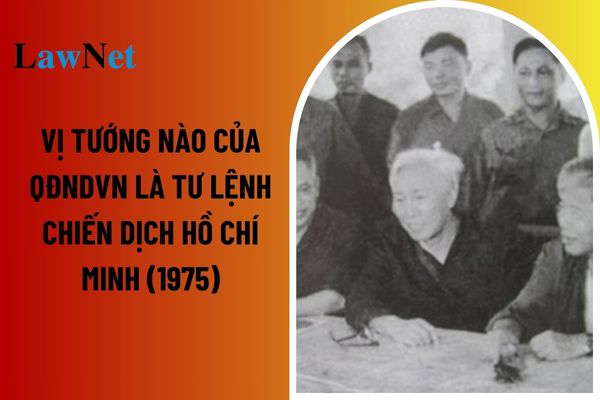
Which General of the Vietnam People's Army was the Commander of the Ho Chi Minh Campaign (1975)? What are the five perspectives on developing the History curriculum? (Image from the Internet)
In Vietnam, what mission does the History subject carry?
Under the general education program for History issued together with Circular 32/2018/TT-BGDDT:
History is a subject falling within the social sciences group, chosen according to career orientation at the upper secondary education level.
- The History subject has the mission to help students form and develop historical competencies, components of scientific competency, while also contributing to forming and developing the key qualities and general competencies identified in the overall program. The History subject plays a pivotal role in educating patriotism, national pride, historical and cultural traditions, helping students understand and apply historical lessons to solve current real-life issues, develop vision, consolidate humanistic values, community spirit, tolerance, and compassion; contribute to forming and developing the qualities of Vietnamese citizens and global citizens in the trend of development of the era.
- The History subject forms and develops for students historical thinking, systematic thinking, critical thinking, skills to exploit and use historical resources, understanding and presenting history in chronological and contemporary logic, connecting the past with the present.
- The History subject helps students perceive the scientific and practical value of history in modern social life, understand and have a love for national and human history and culture; contribute to guiding students in choosing careers such as social and human sciences research, diplomacy, administration, tourism activities, cultural industries, information and communication, etc.
- The History subject curriculum systematizes and consolidates comprehensive knowledge at the basic education stage, while helping students delve deeper into core historical knowledge through topics and study modules on world history, Southeast Asian history, and Vietnamese history. The teaching methods of the History subject are based on fundamental principles of historical science and modern educational methods.
What are the five perspectives on developing the History curriculum in Vietnam?
Under the general education program for History issued together with Circular 32/2018/TT-BGDDT, the five perspectives on developing the History curriculum in Vietnam include:
The History curriculum thoroughly instills viewpoints, objectives, and general orientations on developing and advancing the general education program outlined in the overall program, particularly focusing on viewpoints enhancing students’ qualities and competencies, while emphasizing certain viewpoints:
[1] Scientific, modern
The History curriculum helps students approach history by applying modern achievements of historical science and educational science. To be specific:
- The History curriculum thoroughly adheres to the guidelines, and viewpoints of the Communist Party of Vietnam and the State of Vietnam;
- The History curriculum values foundational principles of historical science, ensuring respect for historical truth, the richness and diversity of history; objectivity, comprehensiveness in presenting and interpreting history;
- The History curriculum aims to guide and encourage students to learn, and explore history according to historical science principles, thereby helping students develop historical thinking and critical thinking;
- The History curriculum contributes to building the ability to analyze and evaluate historical figures, events, and processes scientifically, aiding students in recognizing historical laws and lessons and applying them to practice.
[2] Systematic, fundamental
The main development axis of the History curriculum is a system of topics and study subjects on fundamental issues of world history, Southeast Asian history, and Vietnamese history, to enhance and broaden the general knowledge students learned at the the lower secondary level. To be specific:
- The topics and study subjects in the History curriculum are systematic, and fundamental, stemming from the requirements to develop competencies and history education for each class;
- The History curriculum's knowledge components ensure logical consistency (in chronological and synchronous relationships, the interaction between Vietnamese history with regional and world history...);
- The History curriculum ensures that students access fundamental historical knowledge in political, economic, social, cultural, and ideological fields; developing lifelong history self-study competencies and the ability to apply understandings of world, regional, and Vietnamese history, culture, and society into life.
[3] Practical, experiential
The History curriculum values historical practice content, linking history with real life. To be specific:
- The History curriculum considers practice an important content and a practical, effective tool to develop students' competencies;
- The History curriculum increases the duration of practical activities; diversifies types of practice through various educational forms such as group activities, individual self-study; learning in the classroom, museums, in the field; project-based learning, heritage learning;...;
- The History curriculum ensures suitability with the practical and socio-economic conditions of the country and localities. Through the system of study topics and subjects, the educational forms organized, the History curriculum creates flexibility to be adjustable for localities and different student groups while ensuring the overall education level nationwide, compatible with regional and global standards.
[4] National, humanistic
The History curriculum helps students correctly perceive the nation’s traditional values, forming and developing the good qualities of Vietnamese people and the universal values of global citizens. To be specific:
- The History curriculum helps students have correct perceptions of patriotism and genuine, progressive nationalism of the Vietnamese people, the position of the nation-state in the region and the world in historical periods, aiming to build genuine national pride, recognizing both strengths and limitations in the nation’s historical legacies;
- The History curriculum helps students form and develop humanistic values, and community spirit, against social, cultural, ethnic, and religious prejudices and discrimination; aiming towards tolerance, kindness, respect for differences, and equality among nations, communities, genders and social groups; aspiring for peace, reconciliation, harmony, and cooperation;
- The History curriculum helps students adopt a correct and positive attitude towards issues of natural resource, nature, and environmental protection, aiming for sustainable development and the struggle for a peaceful, progressive, transparent, just, and civilized world.
[5] Open, interconnected
The History curriculum features openness and interconnectedness. To be specific:
- The knowledge and skill structure of History creates opportunities for students to connect and integrate with knowledge and skills of other subjects such as Geography, Literature, Civic Education, National Defense and Security Education,...;
- The History curriculum empowers local authorities and schools to develop educational plans suitable for local conditions, providing creative space for teachers to implement the principle of “one program, multiple textbooks”; emphasizing the collaboration between school, family, and society in history education;
- The History curriculum ensures high integration principles at lower grades, gradually differentiating at higher grades; closely connecting between educational levels, between classes in each educational level and linking with vocational education and higher education programs.


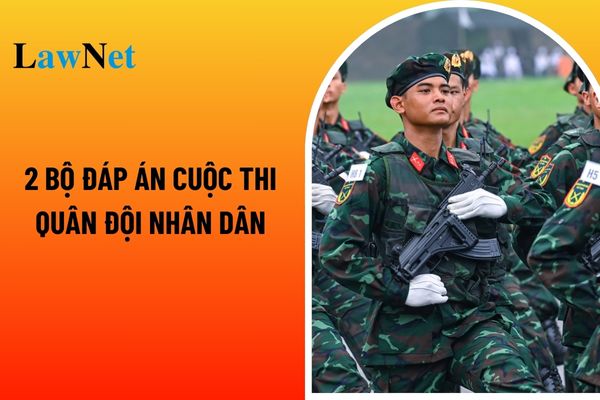
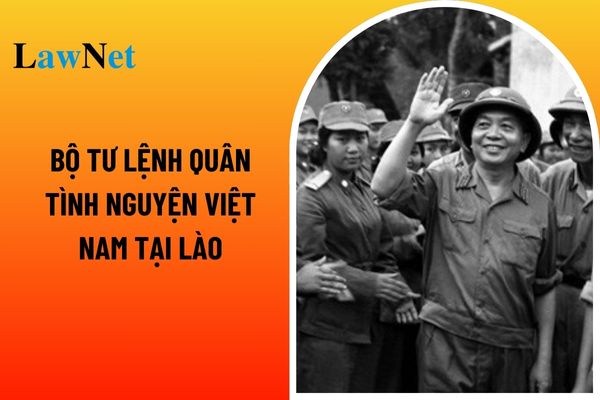

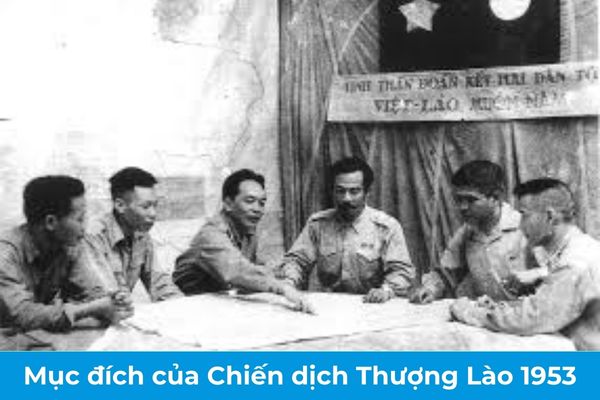

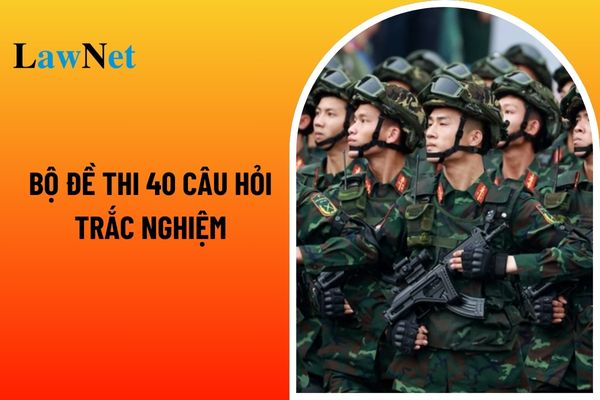

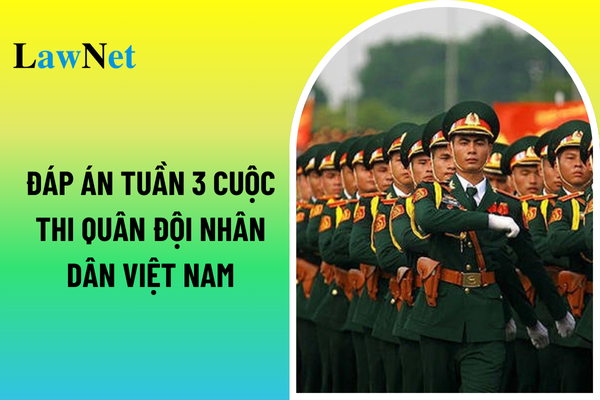
- What is the law on light reflection? What are details of the law on light reflection?
- What is the schedule of the AFF Cup 2024 (ASEAN Cup)? What are activities for physical education and sports in vocational education institutions in Vietnam?
- What is the schedule for the AFF Cup 2024 matches of the Vietnam National Team? Are students who are athletes in Vietnam eligible for a special exemption from high school graduation requirements?
- Vietnam: What are the guidelines for analysis of the poem "Tiến sĩ giấy"? What is the regulatory age of students entering lower secondary education?
- What is the location of Vietnam International Defense Exhibition 2024? Are students of all educational levels granted leave to visit the Vietnam International Defense Exhibition?
- What is the formula for calculating population density in Vietnam? What is the population density?
- Vietnam: What is the sample parent-teacher conference scenario at the end of the first semester of primary education? What are the regulations on the organization of parent committees?
- Vietnam: What is the sample outline for an essay on the analysis of the excerpt "The Last Leaf"? What are the assessment levels for learning results in the school year of 8th-grade students?
- What is the unit of power? When do students in Vietnam study the unit of power?
- What is the guidance for children to tell the story "Chuyện bốn mùa"? What is the age of students entering 2nd grade in Vietnam?

